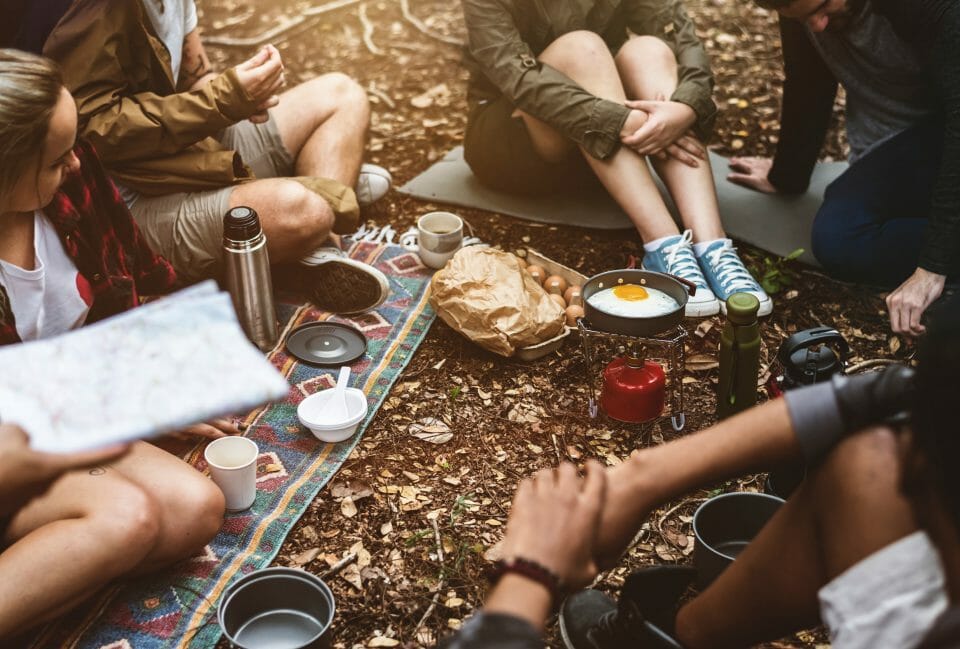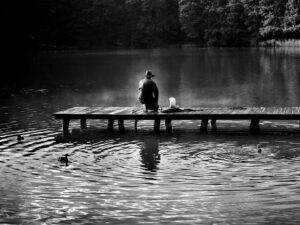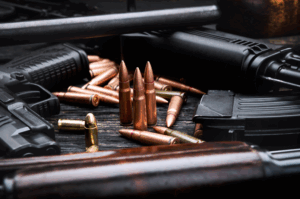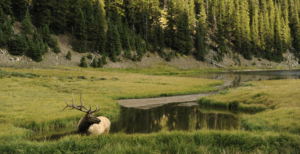
 Few things are quite as much fun as camping. Being able to spend time in the great outdoors enjoying nature is a wonderful way to create lasting memories. At the same time, however, it does require careful planning when it comes to storing and preparing your food. There are no refrigerators in the wild. That means that you need to come up with alternative ways of keeping your food cold while you are camping. The food cooling method that you choose depends on whether you are going to be backpacking or whether you are going to be in a situation where the weight of the items you bring with you is not as important.
Few things are quite as much fun as camping. Being able to spend time in the great outdoors enjoying nature is a wonderful way to create lasting memories. At the same time, however, it does require careful planning when it comes to storing and preparing your food. There are no refrigerators in the wild. That means that you need to come up with alternative ways of keeping your food cold while you are camping. The food cooling method that you choose depends on whether you are going to be backpacking or whether you are going to be in a situation where the weight of the items you bring with you is not as important.
Using A Cooler
If you are going to be camping at a developed campground or if you can drive directly to your campsite, taking a cooler is definitely the way to go. You can even use coolers on boating trips since they can easily be carried in canoes or boats. At the most basic level, a cooler is essentially an old-fashioned icebox. You can fill it with traditional ice, frozen gel packs, or dry ice to keep your food cool. Typically, loose ice cubes last for a few hours before melting. A large block of ice can last as long as a day, while dry ice can keep your food cool over a period of multiple days if it is properly wrapped. There are pros and cons to each option. You can learn more about the benefits of each type of ice by checking online forums where campers gather. It is also important to think about the food that you bring, as well. If you freeze the food before putting it into your cooler, it will not only stay colder longer but will also help cool any other food items in the cooler.
Thanks to advances in technology, fridges are also now a possibility for campers – especially those that are camping in RVs or camper vans. A portable 12v refrigerator is a small, tidy and low energy option that can be used to keep food cool when camping and is powered from a cigarette lighter or even from a solar panel set up.
Cooler Packing Tips
If you want your food to stay cool as long as possible, it is important to properly pack your cooler. If you are planning on taking multiple coolers, try to keep extremely perishable items in a separate cooler from items that are less likely to spoil. You most likely will open the cooler that contains items like eggs and meat less often, which will help it stay cooler. Another way to extend the length of time that your cooler stays cold is by putting a block of ice in the bottom, arranging your food on top, and filling in any leftover cavities with loose ice. If you want, you can even create your own block of ice by using a container that fits perfectly in your cooler.
Extra tip: Water that finds its way to the bottom of your cooler from the melting ice can ruin your food. To prevent problems, make sure that all of your food items are stored in watertight containers. Place wire racks at the bottom of the cooler to help raise the items up out of any melted water. You can also use frozen water bottles rather than loose ice since they won’t release any water into the cooler as they melt.
Tips On Keeping Food Cool When Backpacking
If you are going backpacking, you don’t have the luxury of bringing along a cooler since you need to keep your pack as lightweight as possible. You may want to consider buying an insulated lunch bag. These bags are lightweight and can be filled with frozen food. If you are going to be bringing meat, try freezing each item in its own bag along with a liquid marinade. This will help them stay cold for a longer period of time since the frozen marinade has a similar effect to an ice pack. Foods that don’t need to be kept extremely cold like cheese or fresh vegetables can be cooled through the use of evaporative cooling. All that you have to do is wrap a damp cloth around the food. Evaporation of the water creates a natural cooling effect. If you are going to be located close to cold water, pack your food in watertight containers so that you can place it in the water to keep it cold.
Food Safety Guidelines
Food safety is extremely important when you are camping. To keep food from spoiling, always plan to eat the items that are the most perishable first. Less perishable items can be consumed further along during your camping trip.
It is also important to create a sanitary environment when you are handling your food. Always wash your hands and cooking utensils before preparing your meals. Keep cooked food and raw food completely separate from one another. Make sure that a high enough temperature is achieved when cooking your food to kill off any bacteria. Consider throwing a refrigerator thermometer into each of your coolers to make sure that the temperature stays cool enough. Ideally, it should be below 40° F. A lightweight instant-read thermometer can also help you make sure that your food is cooked at a high enough temperature.
Minimize The Number Of Perishable Items That You Bring
If at all possible, you should try to bring a few perishable items as possible along with you when you go camping. Even if you love cooking hamburgers over a fire, for instance, it is a lot more practical to bring along beef jerky or fully cured sausages since they can be stored at room temperature. If you aren’t sure whether or not a particular item is perishable, think about where you buy it at the grocery store. Is it kept in a cooler or is it sold at room temperature? Taking fewer perishable foods will not only make packing your cooler easier but it will also help ensure that you don’t inadvertently wind up with food poisoning.







